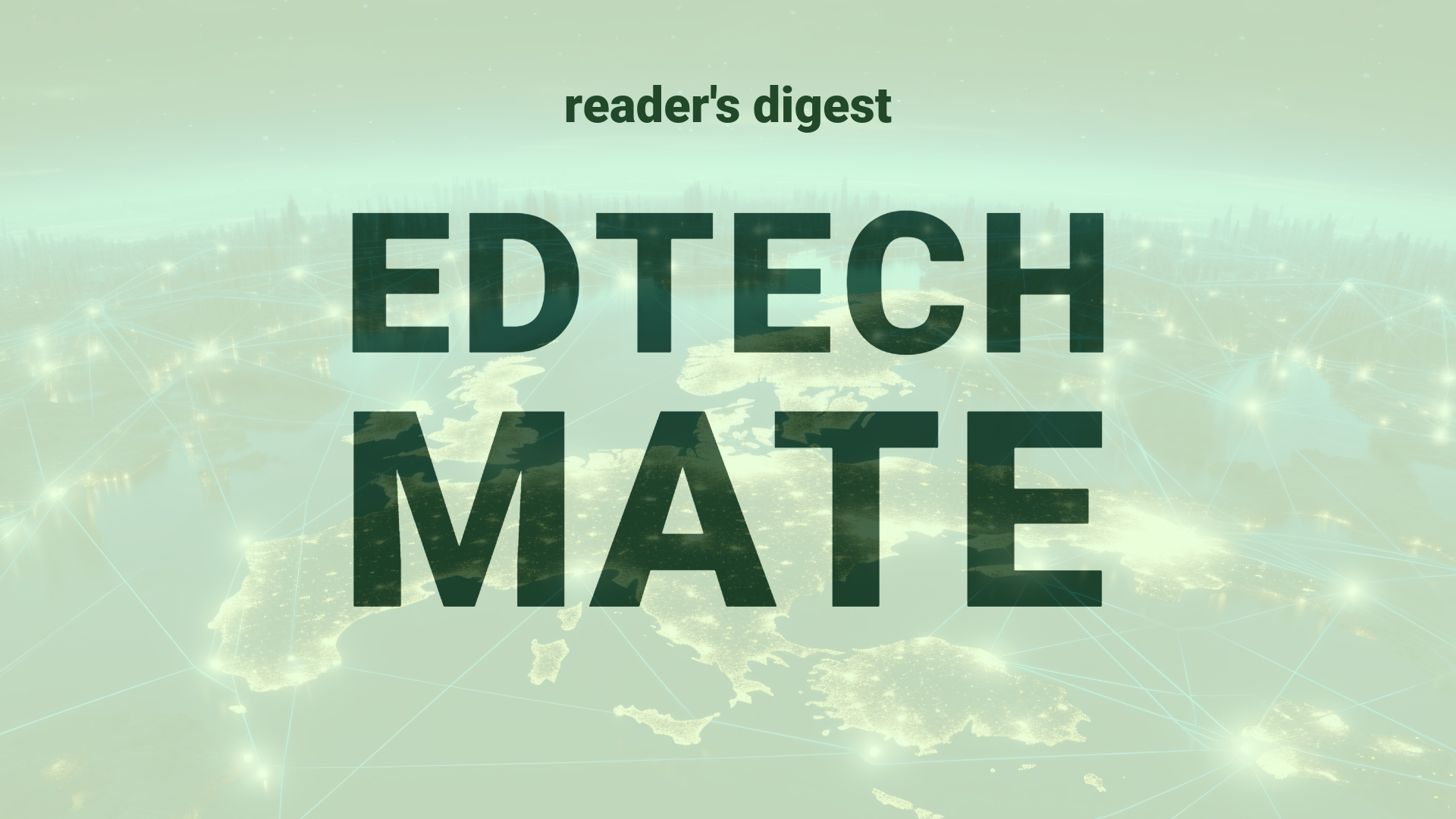“`html
Executive Summary and Main Points
The sector of international education is on the brink of significant digital transformation, integrating cutting-edge technologies such as cloud computing, analytics, AI, Internet of Things (IoT), and automation. Business leaders, specifically CEOs operating in India, are encouraged to design operations that remain flexible and scalable for the next decade. A core focus on cybersecurity, skills development, and retention, creating a unified technology view, and weaving in sustainability into business practices are identified as pivotal strategies. Moreover, strategic partnerships, particularly with managed service providers (MSPs), are critical for navigating these advancements and mitigating potential business interruptions during technological upgrades.
Potential Impact in the Education Sector
The progressive integration of digital transformation within Further Education and Higher Education holds the promise of radically redefining student engagement, curriculum delivery, and institutional governance. Such transformation enables the creation of more personalized education experiences, leveraging vast data lakes and real-time analytics. The rise of Micro-credentials will also benefit from this shift, as digital badges and certificates are securely issued and verified through blockchain and other secure frameworks. Collaborative projects with MSPs and tech companies could offer educational institutions the expertise necessary to facilitate seamless transitions to these advanced systems.
Potential Applicability in the Education Sector
AI and digital tools present diverse applications in the global education systems. AI-powered analytics could enhance student learning experiences by providing tailored support and predictive performance insights. Implementing IoT could help with campus management and security infrastructure. Automation and AI can streamline administrative processes, allowing educators to focus more on teaching and research. Furthermore, digital transformations could foster cross-institutional collaborations, opening up opportunities for global classrooms and virtual exchange programs.
Criticism and Potential Shortfalls
While digital transformation in education heralds numerous benefits, it is not without its challenges. Issues around data privacy, particularly with the advent of legislation akin to India’s Digital Personal Data Protection Bill, raise concerns on how institutions manage student and staff data. Additionally, there’s the risk of widening the digital divide, where some communities might face barriers to accessing the necessary technology and thus be excluded from the advancements. Ethical considerations regarding AI in assessment and the cultural implications of standardized digital education also merit scrutiny. Comparative case studies—such as the EU’s approach to digital education privacy versus other regions—can provide valuable insights into managing these challenges.
Actionable Recommendations
International education leaders should focus on developing strategic plans that encompass digital fluency and resilience. Establishing partnerships with tech firms and MSPs can bring invaluable expertise into the fold. Institutions should invest in faculty and staff training to upskill the workforce in readiness for the digital era. Implementing robust cybersecurity measures in line with international standards will be crucial for protecting sensitive data. Finally, integrating sustainability into tech acquisitions will not only benefit the environment but also enhance the institution’s appeal to prospective students and staff.
“`
Source article: https://www.cio.com/article/1310638/how-to-succeed-at-digital-transformation-in-india.html

